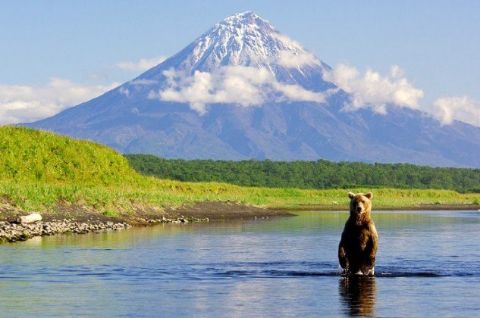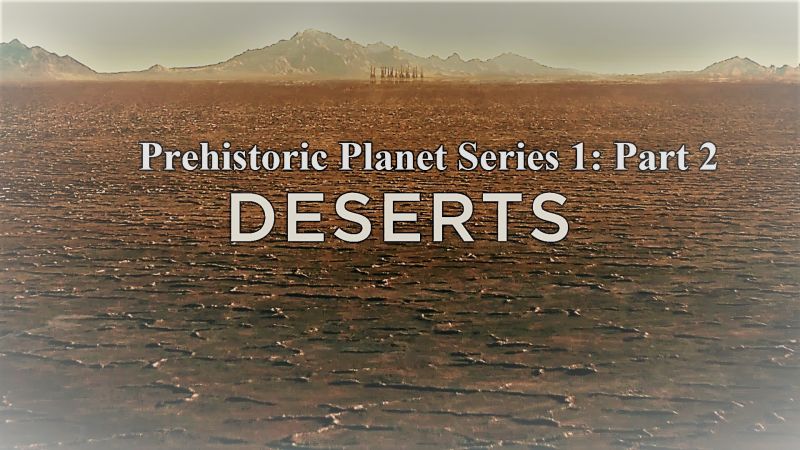Inside the Perfect Predator • 2010
Documentary using groundbreaking computer graphics and close-up photography to reveal the inner alchemy that gives four extraordinary hunters the edge, from the moment they detect their prey through to the vital kill. Soaring above the people of London is the fastest animal on the planet, the peregrine falcon, on a mission to kill for her chicks. Off the coast of South Africa the world's largest predatory fish, the great white shark, has just completed a 7,000-mile journey and is hungry for seal blubber. On the plains of Africa the fastest land animal, the cheetah, struggles to provide for her cubs as her enemies move in. And having survived a drought by entering into a state of suspended animation, the prehistoric Nile crocodile is poised to ambush his dinner.
Make a donation
Buy a brother a hot coffee? Or a cold beer?
Hope you're finding these documentaries fascinating and eye-opening. It's just me, working hard behind the scenes to bring you this enriching content.
Running and maintaining a website like this takes time and resources. That's why I'm reaching out to you. If you appreciate what I do and would like to support my efforts, would you consider "buying me a coffee"?
Donation addresses
BTC: bc1q8ldskxh4x9qnddhcrgcun8rtvddeldm2a07r2v
ETH: 0x5CCAAA1afc5c5D814129d99277dDb5A979672116
With your donation through , you can show your appreciation and help me keep this project going. Every contribution, no matter how small, makes a significant impact. It goes directly towards covering server costs.





